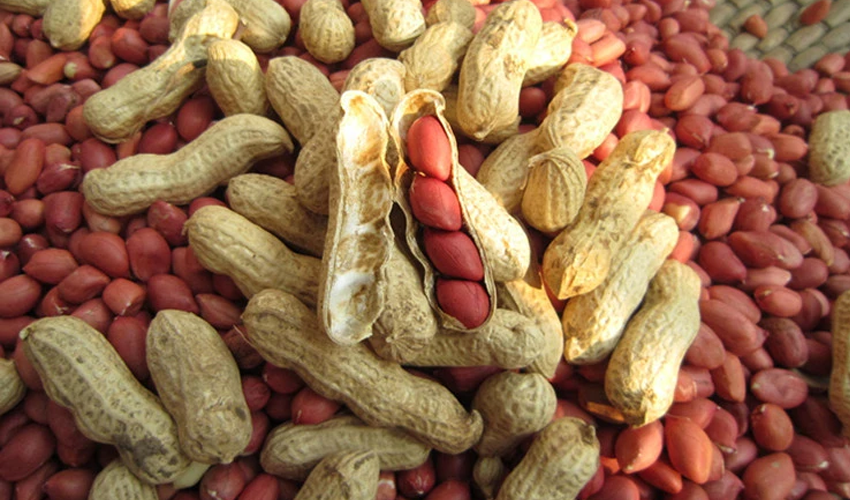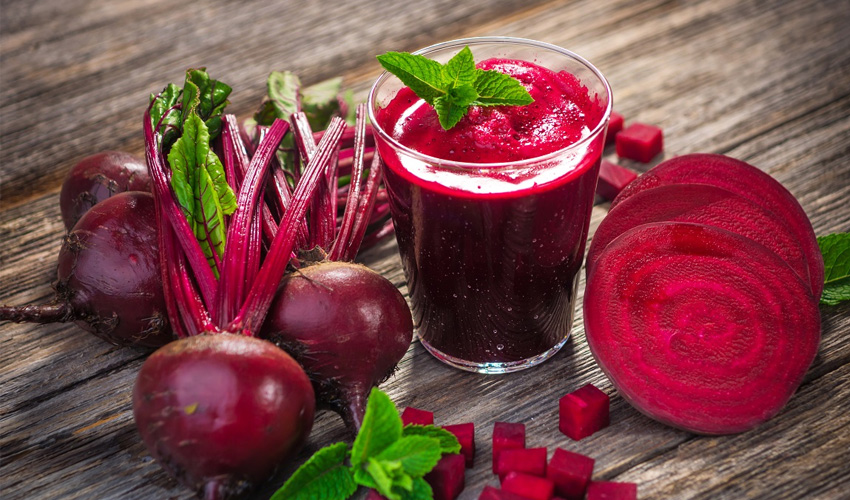Peanut, a popular winter snack, offered numerous health benefits that made it a nutritious choice during cold weather. Not only was it a tasty and convenient treat, but it also provided essential nutrients to help people stay warm and healthy.
Peanut proved to be a rich source of calories and protein, helping the body generate energy to combat the winter chill. Experts highlighted its effectiveness in providing warmth and satisfaction during colder days. "Peanut is an ideal snack for winter, as it helps keep the body warm," a nutritionist stated.
Additionally, peanuts contributed to heart health. They contained monounsaturated fats, such as oleic acid, which were beneficial for reducing bad cholesterol levels and increasing good cholesterol. "Moderate consumption of peanuts helps reduce the risk of heart diseases," the expert added.
Peanut also boosted immunity, a vital factor during the winter months when colds and flu were more prevalent. Packed with vitamins and minerals like Vitamin E and zinc, peanuts supported the body’s resistance to illnesses.
Moreover, the winter season often led to dry skin, but peanuts helped maintain skin health. They were rich in Vitamin E and healthy fats, providing moisture and preventing dryness. "Peanut helps keep the skin hydrated and fresh, even in the coldest weather," a dermatologist explained.
Peanuts supported brain function as well, with high levels of niacin and folic acid, both essential for cognitive performance. This made peanuts a great choice for individuals needing mental focus and energy during winter.
Despite their higher calorie content, peanuts helped control weight by providing prolonged satiety due to their protein and fibre content.
They were also beneficial for bone health, as they contained important minerals like magnesium and phosphorus, essential for strengthening bones, especially during the cold season when joint pain was more common.


























